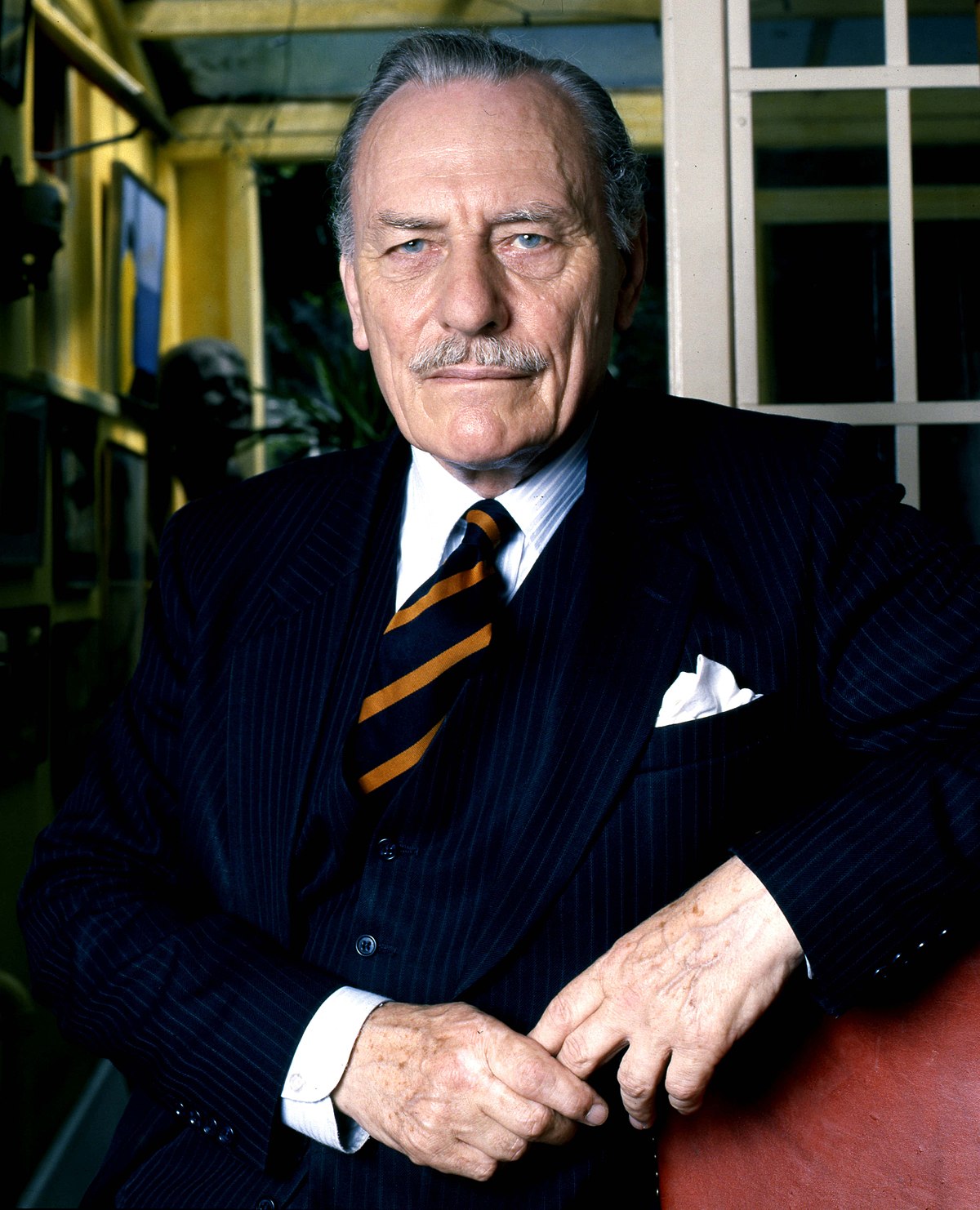On 27 July 1959, Powell delivered a speech on the
Hola Camp of Kenya, where eleven
Mau Mau were killed after refusing work in the camp. Powell noted that some MPs had described the eleven as "sub-human", but Powell responded by saying: "In general, I would say that it is a fearful doctrine, which must recoil upon the heads of those who pronounce it, to stand in judgement on a fellow human being and to say, 'Because he was such-and-such, therefore the consequences which would otherwise flow from his death shall not flow'."
[102]: 206–207 Powell also disagreed with the notion that because it was in Africa, different methods were acceptable:
Nor can we ourselves pick and choose where and in what parts of the world we shall use this or that kind of standard. We cannot say, "We will have African standards in Africa, Asian standards in Asia and perhaps British standards here at home". We have not that choice to make. We must be consistent with ourselves everywhere. All Government, all influence of man upon man, rests upon opinion. What we can do in Africa, where we still govern and where we no longer govern, depends upon the opinion which is entertained of the way in which this country acts and the way in which Englishmen act. We cannot, we dare not, in Africa of all places, fall below our own highest standards in the acceptance of responsibility.
[102]: 207
Denis Healey, a member of parliament from 1952 to 1992, later said this speech was "the greatest parliamentary speech I ever heard ... it had all the moral passion and rhetorical force of
Demosthenes".
[114] The Daily Telegraph report of the speech said that "as Mr Powell sat down, he put his hand across his eyes. His emotion was justified, for he had made a great and sincere speech".
[115]


